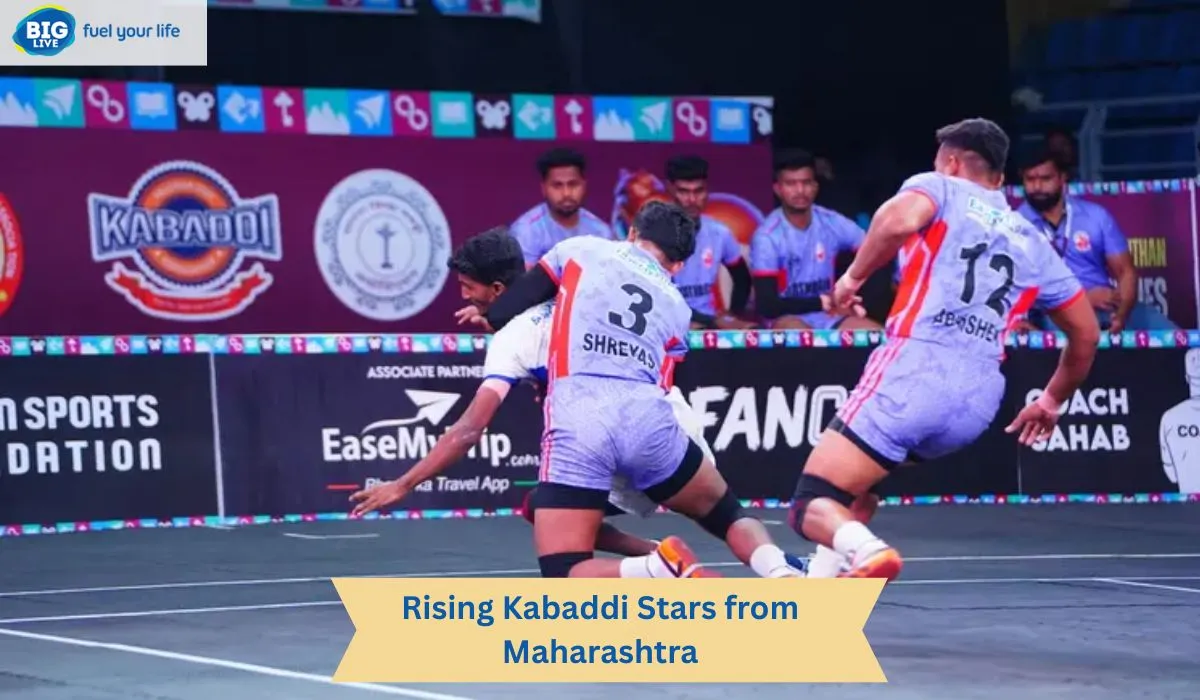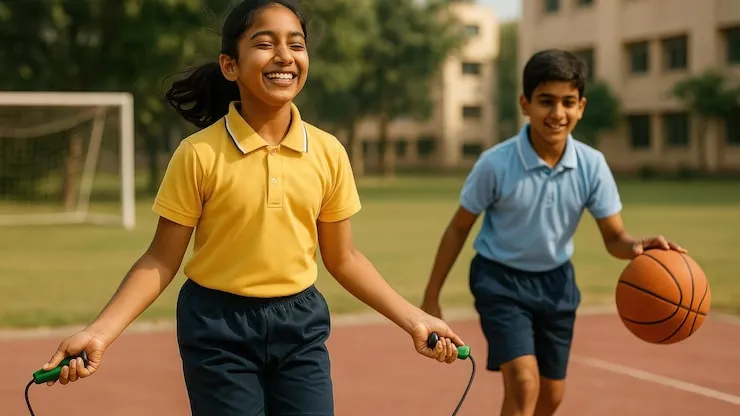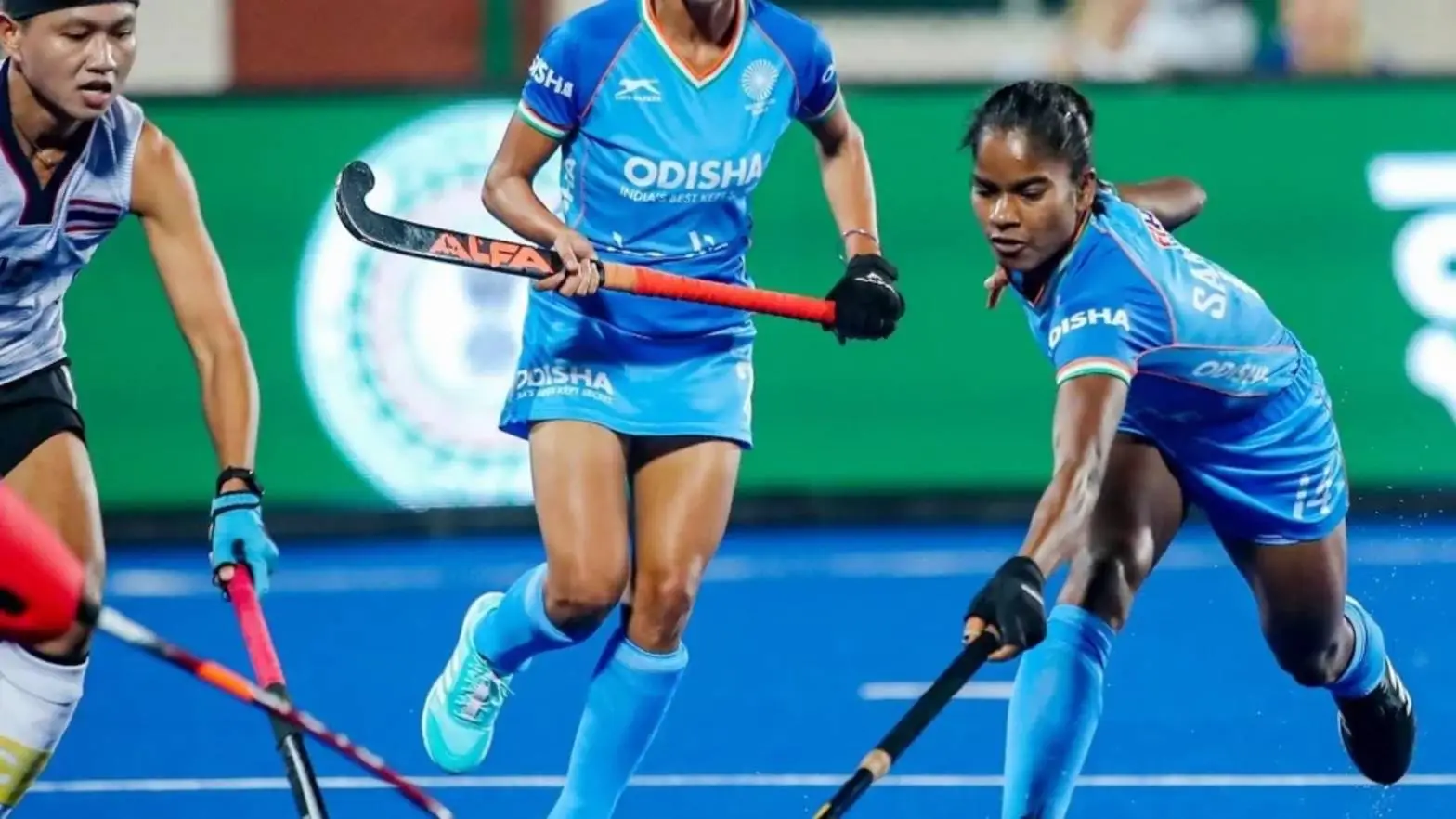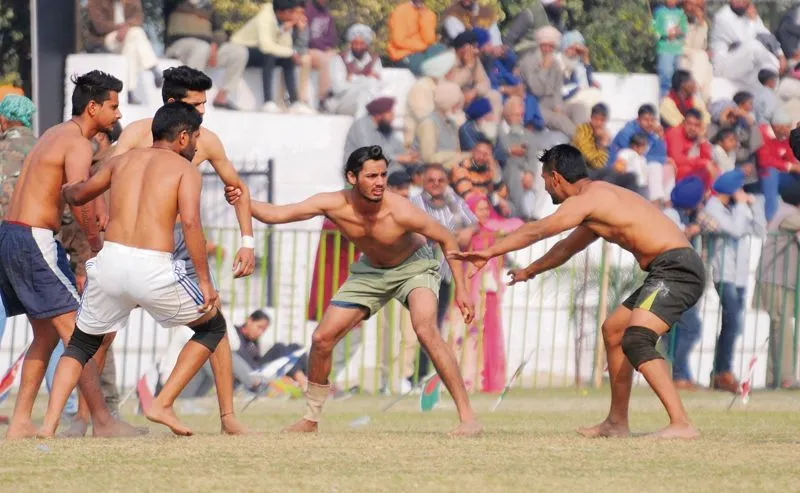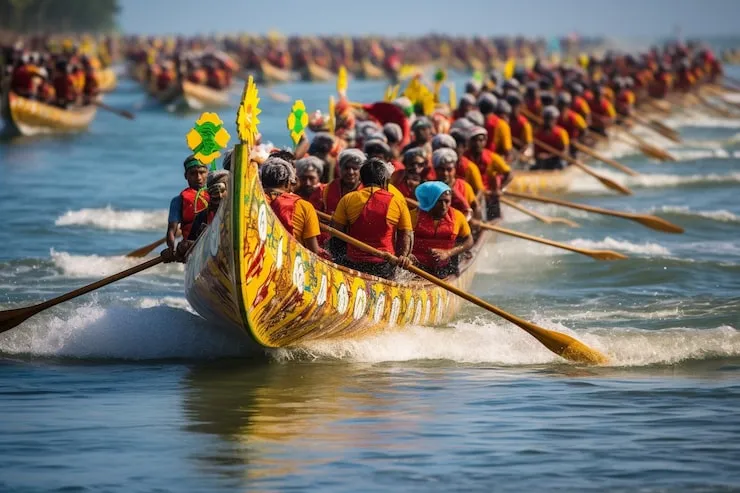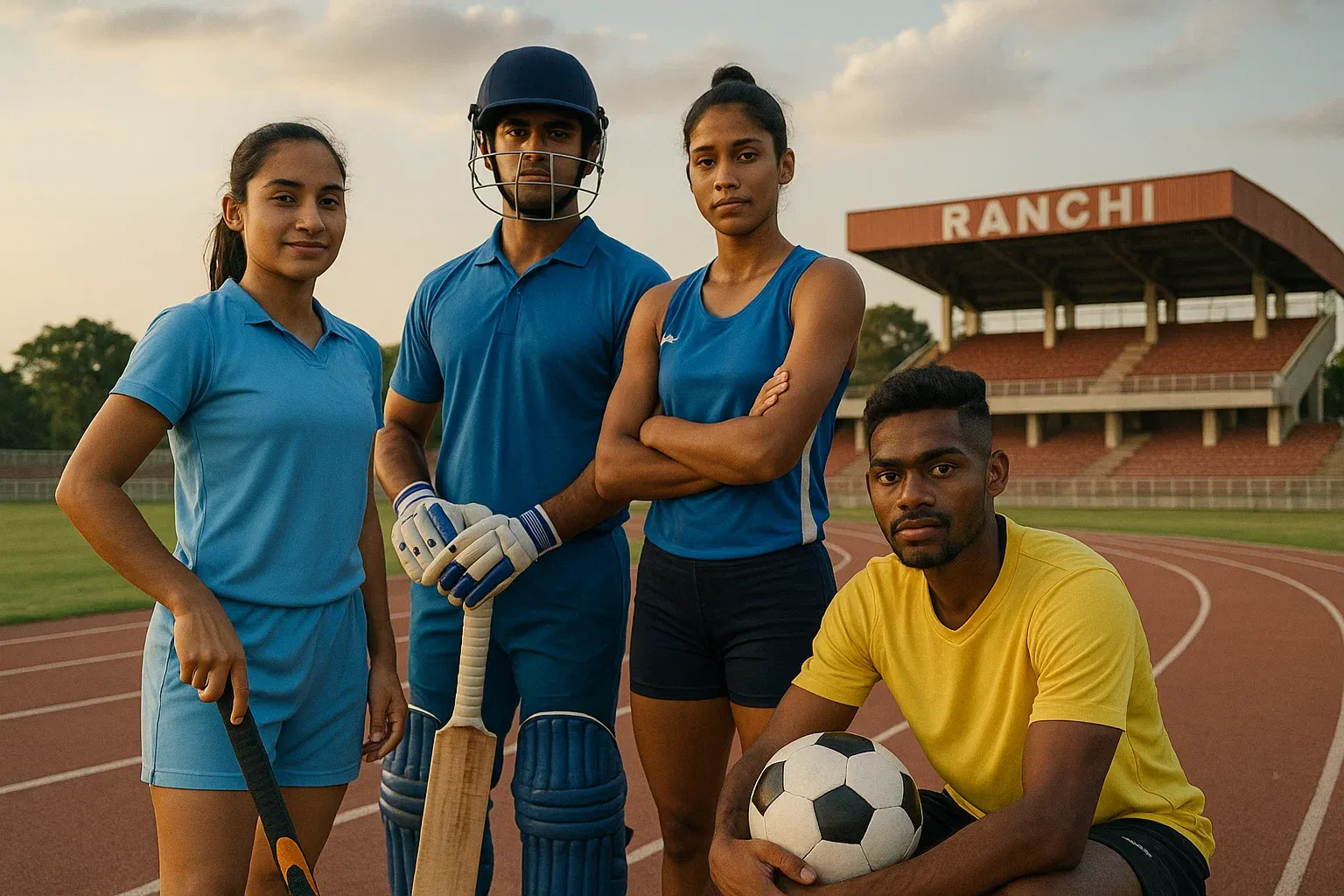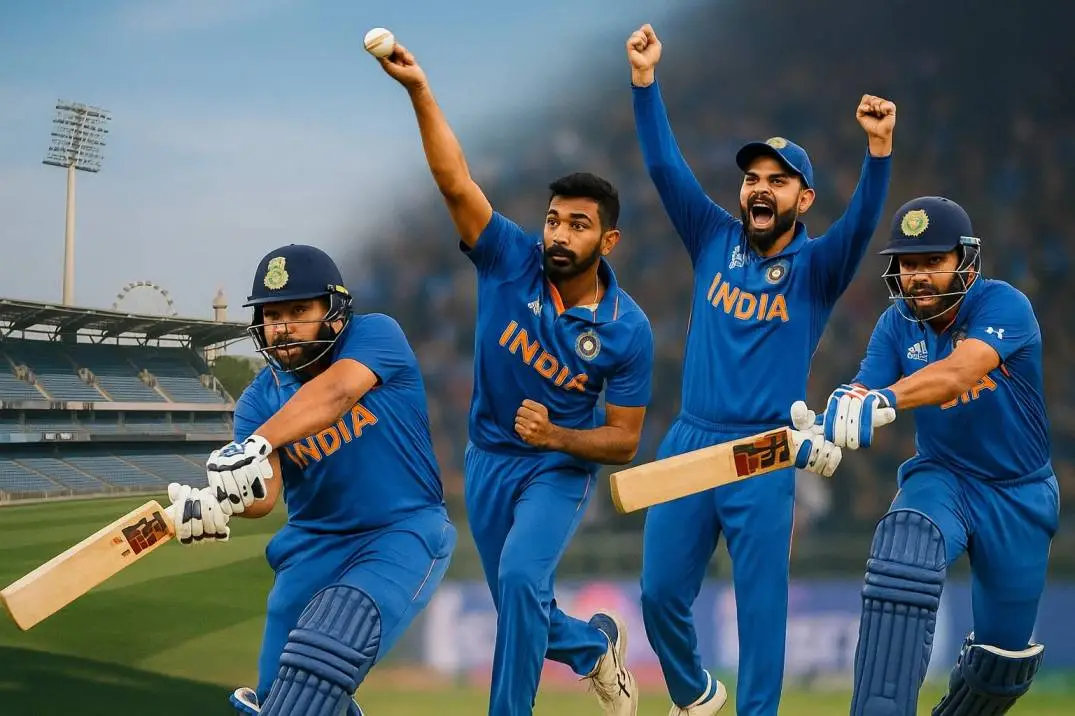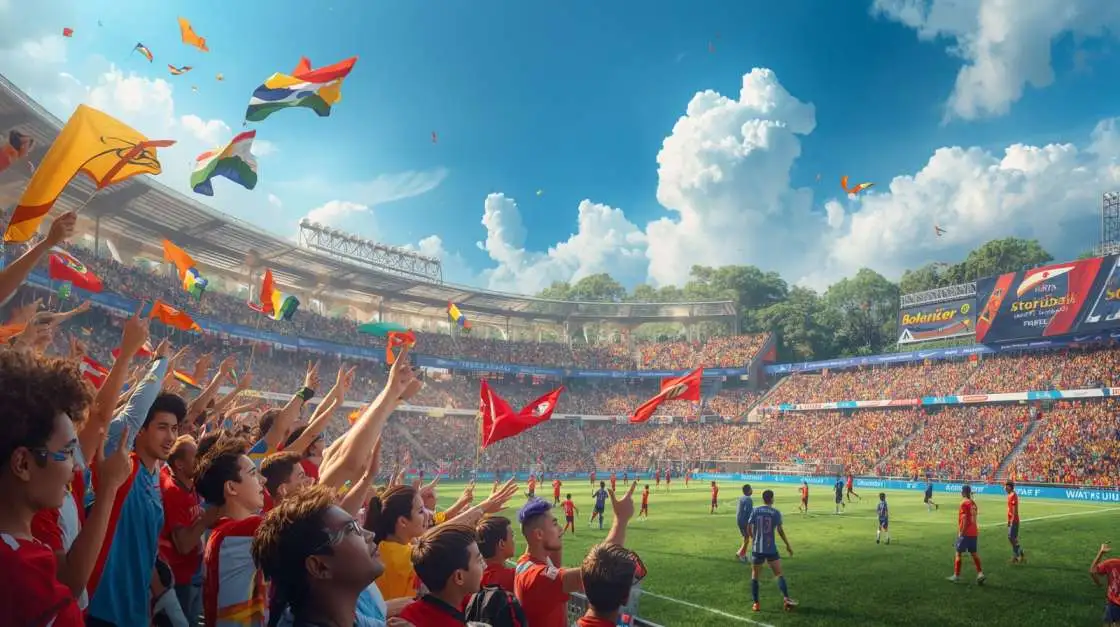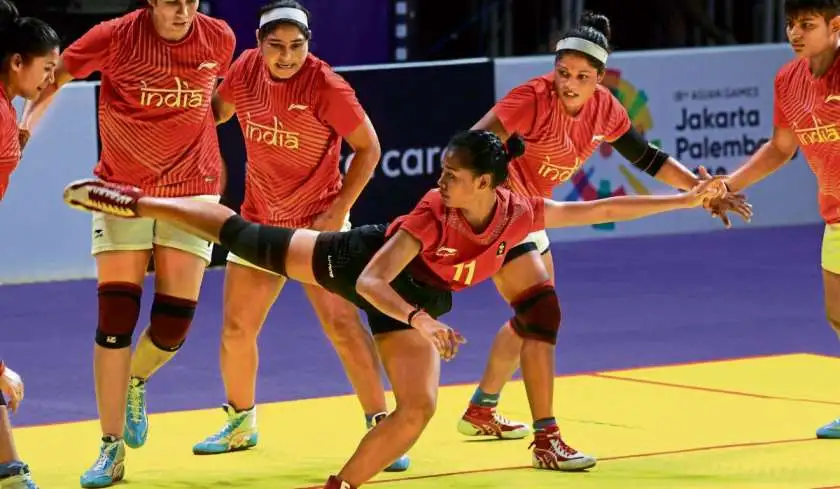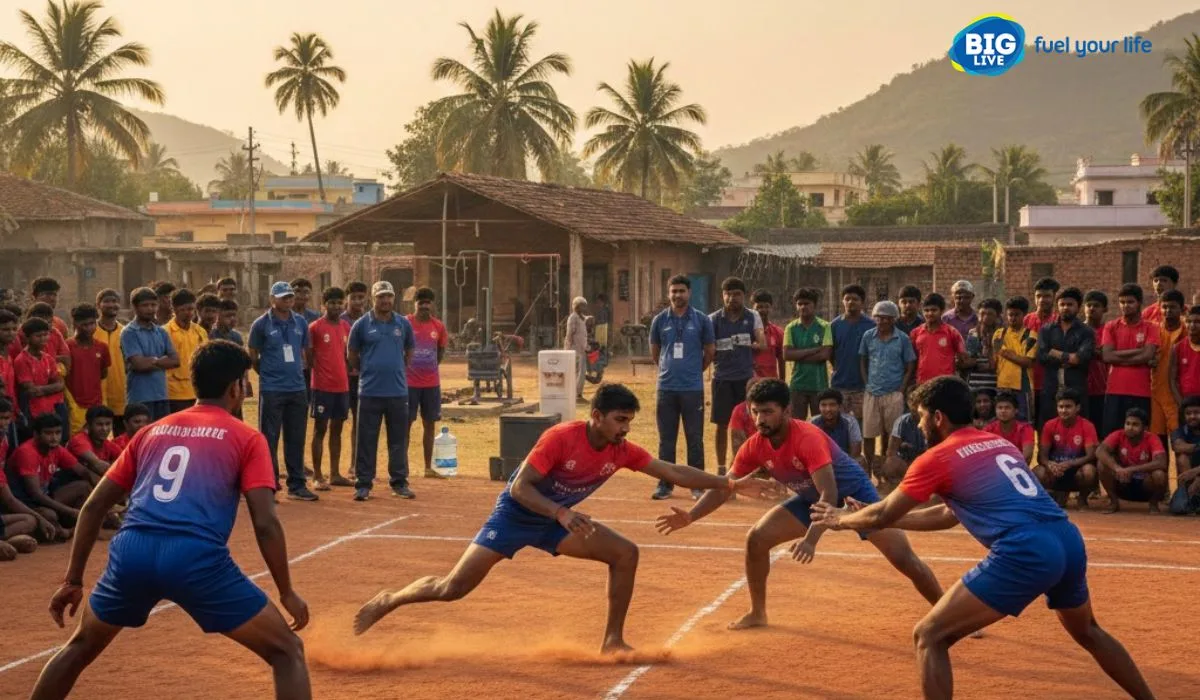Some kids learn kabaddi before they even learn to write their names. In towns like Beed, Jalgaon, and Sangli, it’s just how life is. No mat, no lights, no crowd—just dust, ten toes digging into the ground, and the sound of breath held between one “kabaddi” chant and the next. That’s where the new generation starts. And now, those same kids are being noticed far beyond their mohallas. Walk into any local tournament in rural Maharashtra these days, and you’ll see something different. Players barely out of school playing like they’ve trained for years. No hesitation, no nervous feet. Just full-throttle movement—daring tackles, sharp raids, and reactions that come too fast for explanation. They don’t all have polished kits. Some wear stitched jerseys passed down from seniors. Yet their energy grabs attention like nothing else. These aren’t stars with media profiles or shiny contracts. Not yet. But they’re showing the kind of raw edge that can't be taught in camps. You see a 16-year-old raider beat three defenders with a roll so smooth, it looks like instinct more than strategy.
Read Also: Maharashtra Kabaddi League Schedule 2025
Names That Echo Louder Each Weekend
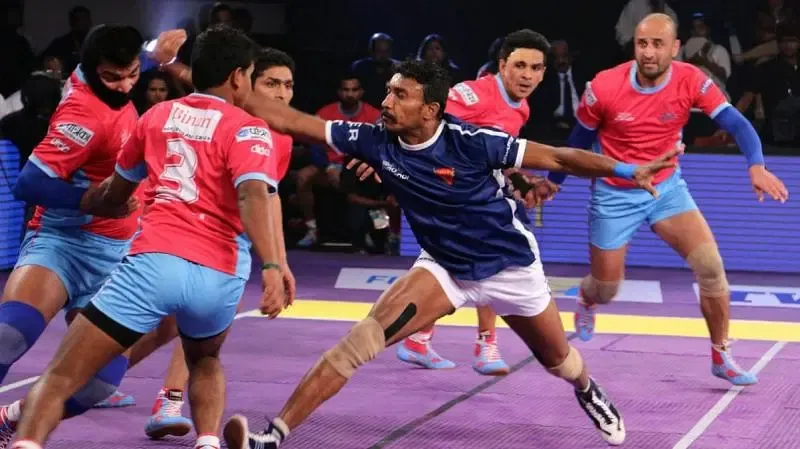
Certain names keep popping up in small match circuits, and for good reason. There’s Samar Ingale from Solapur. Doesn’t talk much off the mat, but once the whistle goes, he raids like he’s on fire. Not a big guy, but fast. Fast in a way that makes defenders look stuck. He’s taken out entire teams in local semi-finals and won crowd chants without a single media mention. Then there’s Rutuja More from Kolhapur. Stronger than she looks. She plays left-corner defense like she’s been doing it for a decade, though she’s barely 17. Most opponents underestimate her—until they’re flat on the ground, wondering how it happened. Rutuja’s style is patient. She doesn’t rush. Just waits. Then strikes clean. Coaches at state trials already have her name circled twice. And don’t miss Irfan Sheikh from Osmanabad. People say he trains with old tyres tied to his waist and does hill sprints before sunrise. His raiding style is unique. He doesn’t charge in. He lures. Makes defenders lean forward. Then slips through. He’s been unbeaten in three youth tournaments back-to-back. Word is, a big club from Pune is watching.
Practice Doesn’t Always Need A Stadium
These rising stars don’t train in high-end academies. Their training grounds are old wrestling akharas, school fields with broken fences, and community halls cleared out every evening. They use bamboo poles for warmups, bricks for weight lifts, and run drills barefoot. But ask anyone who watches them closely—those raw methods are working better than fancy setups. Every morning starts early. Real early. Before sunrise, when the roads are empty and the ground is cold. You’ll find these kids stretching, doing push-ups, working on grip and balance. They don’t have personal trainers. Sometimes, it’s an older player shouting tips from the sidelines. Other times, they correct each other based on gut and instinct. Their families support however they can. Some borrow money for entry fees. Others help with meals or transport. It’s not glamorous. No contracts, no sponsorship banners. But there’s pride. Real pride. When a local player gets selected for a zonal team, the whole area turns up to cheer.
Small Matches, Big Chances
Most of these kids make their first mark in gram panchayat-level matches. No cameras, no stats. Just whistles, drum beats, and a crowd that judges a raid by its sound. Win there, and you move to taluka-level. Perform again, and a district-level coach might notice. That’s how the journey begins. Quietly, slowly, but surely. By the time they reach state-level camps or youth leagues like MKL Under-19, their names are whispered among scouts. Some get phone calls from franchise staff. Others just receive letters. A few even get training invites through school PT teachers. No matter the way, the step forward is always earned. In 2025, the Maharashtra Kabaddi League’s junior trials are expected to see many of these faces. Franchises like Mumbai Mavericks, Pune Warriors, and Nashik Raiders have already started building scouting lists from rural zones. And this time, it's not just big-city boys who’ll get the nod. The selectors know—the fire is coming from outside the metro lines.
Read Also: Mental Preparation Tips For Kabaddi Players
More Than A Game—It’s Their Shot At Everything
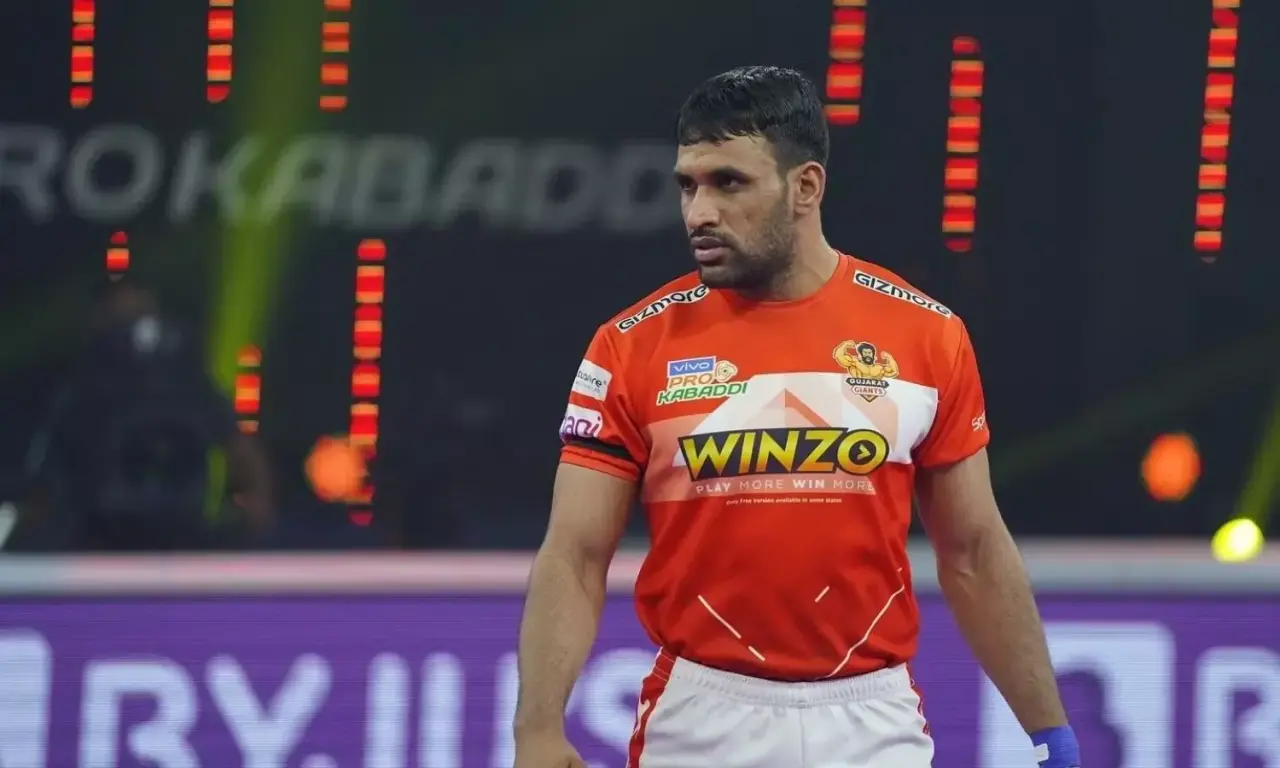
For many of these rising stars, kabaddi is not just about medals or fame. It’s a way out. A path that promises change. Some of them play so they can earn enough to fix a roof at home. Others want to make it so they can send their sisters to school. It’s deeper than competition—it’s purpose. These players carry stories on their backs. Some have lost parents. Some work part-time jobs after training. Others walk 5 km daily just to get to the practice field. But when they step onto that mat, none of that shows. Only strength. Only speed. Only hunger. The sport has given them something bigger than trophies—it’s given them belief. That they can rise. That their talent matters. That the ground they trained on, no matter how rough, can lead them to a stage where thousands cheer. The road is long, yes. But these kids aren’t afraid of it. Because they’ve already started running—and they’re not slowing down.



